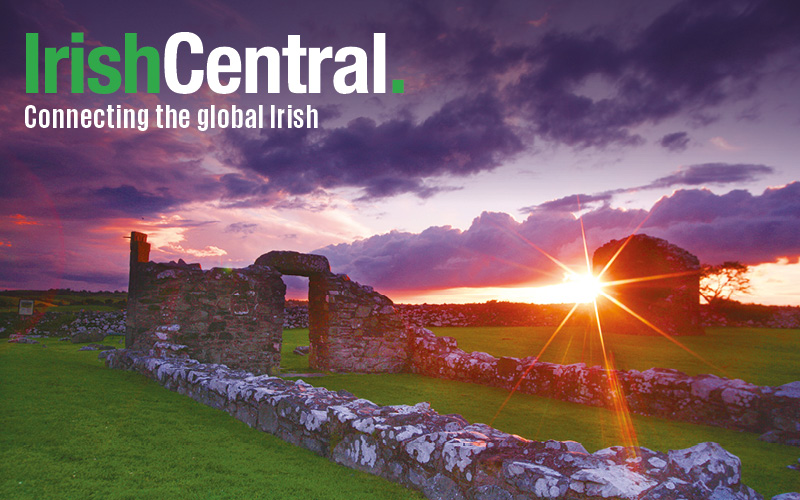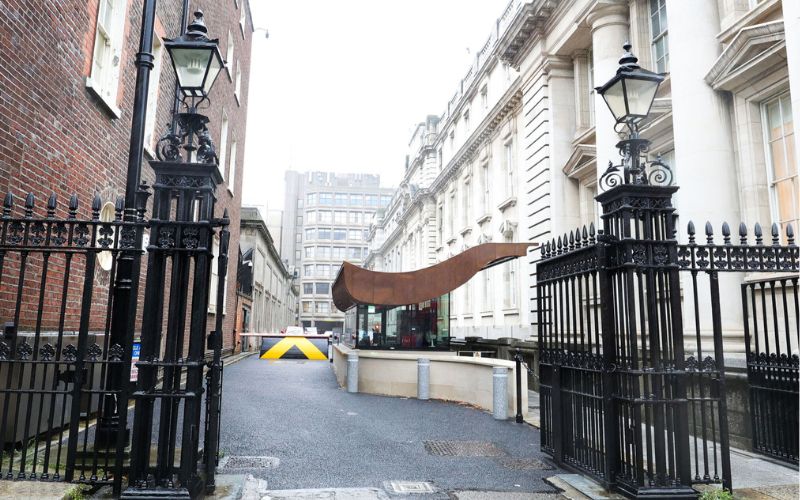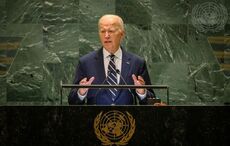A leading Conservative MP has claimed that the next logical step following the reciprocal state visits of Queen Elizabeth II to Ireland and President Michael D. Higgins to Britain, is for the Republic of Ireland to join the British Commonwealth of Nations.
In an opinion piece published on Monday by the Daily Telegraph newspaper, Michael Fabricant, MP for Litchfield in Staffordshire and a senior member of the Conservative Party, asks, “With such close links of geography, trade, culture and of course family ties, what does the next stage of this relationship look like?"
His answer: “How about Ireland joining the Commonwealth? This is not so mad as it might at first seem.”
He argues that “If a country like the Republic of Ireland joined the Commonwealth, what greater message could be sent to countries facing political upheaval and disputes on the other side of the world than an ancient country who had drawn a line under parts of its past, whilst promoting its future on the best parts of its heritage?”
Fabricant, who is known to be something of a renegade, was let go earlier this month from his position as vice chairman of the Conservative Party.
The Commonwealth, which began as former territories of the British Empire went through decolonization, was formally constituted in 1949. Today it comprises 53 nations around the world, including Australia, Canada, India, Pakistan, South Africa, and the UK itself.
Queen Elizabeth is the head of the Commonwealth and the monarch of 16 of the member countries. Of the remainder, 32 are republics and 5 have their own monarchies.
Ireland was technically part of the Commonwealth until the Republic of Ireland Act was passed on April 18, 1949. At the time, republics were not allowed in the Commonwealth. The London Declaration, made 10 days later, formalized the Commonwealth and changed the law to allow republics to become members. Ireland did not re-join.
Fabricant states that President Higgins’ visit earlier this month – the first state visit to Britain by an Irish president – symbolized “an end to over 90 years of discord between the United Kingdom and the Republic of Ireland. It of course followed the hugely historic visit of the Queen to the Republic in 2011, herself the daughter of the last King of Ireland and a witness to the lugubrious relationship throughout a large chunk of the 20th century.
“Both visits neither fix the discord, nor bring to an end the difficulties that still exist to this day. What the visits do represent however is the next stage. The very fact that a monarch who had for so long had been the embodiment of one side of the troubles was able to visit Ireland and to engender a feeling of such good will is a clear demonstration of a new chapter.”
The attendance of the state banquet at Windsor Castle by Northern Ireland’s Deputy First Minister Martin McGuinness, Fabricant argues, is a sure sign times have definitely changed.
"When you witness people like Martin McGuinness, a former IRA commander whose comrades were responsible for the death of Lord Louis Mountbatten, attend a State banquet hosted by the Queen at Windsor Castle, there aren’t many better signals."
On his Twitter feed, the conservative parliamentarian (who is possibly best known outside of British politics for his flaxen yellow hair) promoted the article with the following:
If Mozambique - never in the British Empire - can join the Commonwealth, why not Ireland if the Irish want it? http://t.co/XbnFN7m82i
— Michael Fabricant (@Mike_Fabricant) April 22, 2014
Near the end of the piece Fabricant does concede that “Of course it would be for the Irish Government to decide whether it wanted to join. It might feel that it would be a step too far; but as a British parliamentarian with no particular connection to Ireland, I would like to see it.
“British-Irish relations are ones of missed opportunities and sadness. Let’s end that for good, and be the very best of neighbors.”




Comments